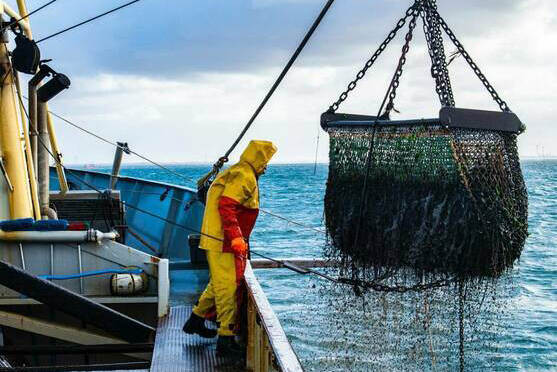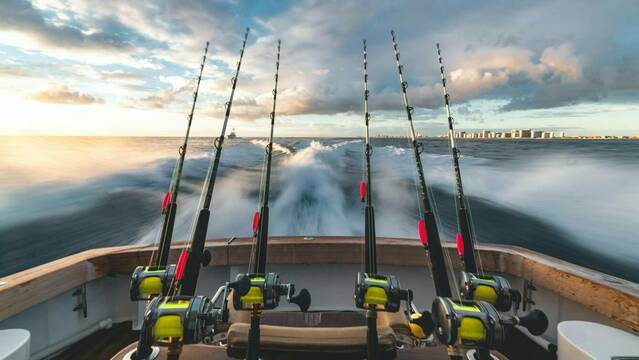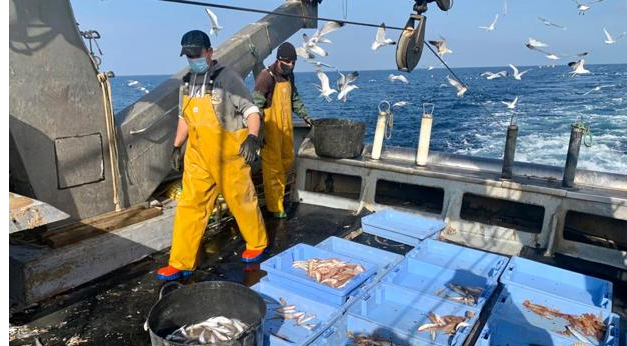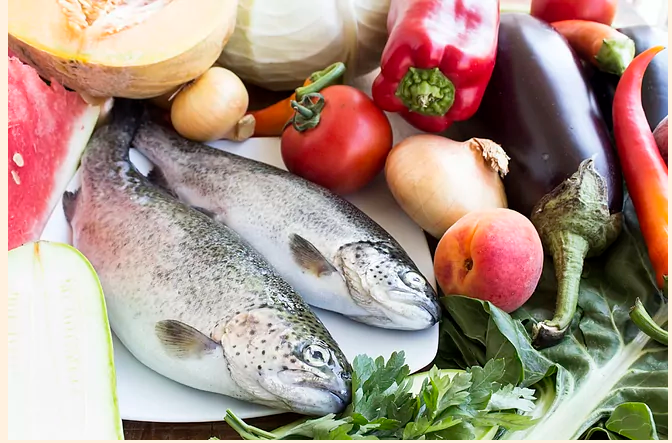Spain: The Spanish fishing sector sends out an S.O.S.
The industry regrets that the EC does not value their making "green efforts” and fears that the WTO will tax diesel. The Mediterranean trawling crisis and disagreements with some domestic policies are other issues threatening the sector. Fortunately, the agreement with Mauritania has just been signed, with Spain benefiting the most.

“We are to the limit”
Javier Garat, secretary general of the employers' organization CEPESCA, explained to the Minister of Agriculture, Fisheries and Food the extreme situation that the sector is experiencing: "all of this only encourages Euroscepticism among the men and women in the fishing industry," Mr. Garat said. The ship-owners leader regretted "the lack of recognition of all the efforts made in recent years to make fishing more sustainable from an environmental, economic and social point of view". Among these initiatives, Garat pointed to the reduction of the carbon footprint by more than 40% since the 1990s.

Unresolved issues with Madrid and Brussels
Garat’s remarks during the meeting with Minister Planas referred to the fronts that the sector is pursuing in Madrid and Brussels. That is to say, the Mediterranean trawler fleet’s crisis, the tug of war over green conditionality or the latest EU package of measures known as Fit for 55, which, in the context of the Green Deal, aims to reduce greenhouse gas emissions in maritime transport.
Mr. Garat spoke of "frustration" among fishermen over environmental political "window-dressing" engaged in by Brussels, which he considers to be done "at the expense of the competitiveness of European industry”.
Added to all this are the disagreements with the Spanish Ministry of Health over the COVID vaccination plan - "they don't respect us", Garat regretted - or with the Ministry of Ecological Transition (MITECO) over the ban on the marketing of shortfin mako caught in 2020. As for the latter, and according to the sector, it is due to the lack of inter-ministerial coordination and, in particular, to the refusal of MITECO to allow the marketing of catches legally already made.
The Mediterranean crisis
The implementation of the EU regulation for Mediterranean trawling is negatively affecting a fleet of 586 vessels, which generates 3,000 direct jobs and 14,700 indirect jobs. The goal is to achieve maximum sustainable yield by 2050. This year, a further cut in fishing days of 155 days has been set. Together with the one already implemented in 2020, CEPESCA estimates that this means a cumulative drop of 29% in fishing effort.

“We are to the limit", the manager of the producer organization OPP-71 says. He asks for time to evaluate the effects of last year's reduction in fishing days. Minister Planas agrees: "Brussels is applying the wrong policy; the Mediterranean is not the North Sea".
WTO fisheries support
The sector is also concerned about the WTO negotiations on the of fisheries aid regulation, including fuel tax exemptions, which will enter a decisive phase in September. Expenditure on diesel fuel accounts for up to 40% of ship-owners operating costs, CEPESCA estimates.
Iván López van der Veens, general manager of the company Pesquera Ancora, points out that at present "there is no alternative", although he assures that "in the sector we are willing to investigate any type of change", adding that nobody questions decarbonization.

EU-Mauritania fisheries protocol
In terms of good news, the Fisheries Partnership Agreement with Mauritania was signed on 28 July. A maximum of 68 Spanish vessels may benefit from the agreement. The Spanish fleet maintains all the fishing possibilities of the previous protocol, including some technical improvements.
The weight of the fisheries sector
It is an industry that last year exported almost €4 billion, compared to imports of over €6 billion. It directly employs around 30,000 people. Spain has the third largest European fleet, with 8,839 vessels, after Greece (14,691) and Italy (12,103). Fish consumption in Spain rose to 23/kg in 2020.
Several sources